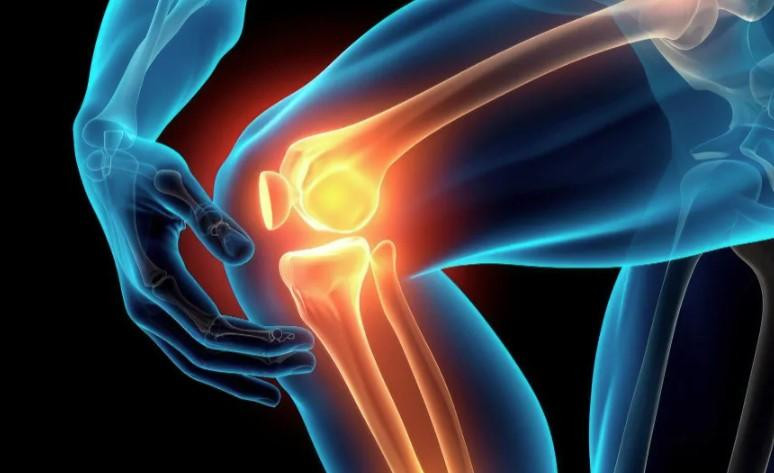Living with chronic pain, especially after a surgical procedure, can be a daunting experience. Many individuals suffering from chronic knee pain after surgery seek relief but are cautious about opioid use due to addiction risks. The growing emphasis on chronic pain management without opioids has introduced various alternative therapies that focus on safety and effectiveness. This article explores non-opioid options to manage chronic knee pain post-surgery, enhancing quality of life.
Understanding Chronic Knee Pain After Surgery
Experiencing chronic knee pain after surgery is not uncommon, even after successful procedures. Factors like inflammation, scar tissue formation, or nerve irritation can contribute to persistent discomfort. This ongoing pain affects mobility and daily activities, often leading to frustration and decreased physical fitness. Recognizing the complexity of post-surgical knee pain is vital for exploring tailored treatment approaches that do not rely on opioids.
Non-Opioid Strategies For Pain Management
When considering chronic pain management without opioids, a multidisciplinary approach is typically recommended. Physical therapy plays a central role by strengthening muscles around the knee, improving flexibility, and reducing joint stress. Other methods include acupuncture, massage therapy, and cognitive behavioral therapy (CBT), which help address both physical symptoms and emotional aspects of chronic pain. These alternatives provide holistic care without the risks associated with opioid medications.
Role Of Physical Therapy In Recovery
Physical therapy is essential in addressing chronic knee pain after surgery through personalized exercise programs. Therapists guide patients in safe movements to restore function and alleviate stiffness. Regular therapy sessions help reduce inflammation and prevent muscle atrophy, which is common after surgery. The gradual improvement in strength and mobility supports long-term pain reduction and encourages active lifestyles without dependency on painkillers.
Advanced Treatments In Pain Management
Emerging treatments also contribute to chronic pain management without opioids by targeting nerve pathways or inflammation. Techniques such as nerve blocks, radiofrequency ablation, and platelet-rich plasma (PRP) injections have shown promising results in reducing pain. These interventions offer targeted relief by addressing underlying causes rather than just masking symptoms. Incorporating advanced therapies can significantly enhance recovery outcomes for those with persistent knee pain.
Psychological Support For Chronic Pain
Managing chronic pain involves addressing mental health, as persistent discomfort often leads to anxiety or depression. Psychological support is a critical component of chronic pain management without opioids. Therapies like CBT equip patients with coping strategies to modify pain perception and improve emotional resilience. Supporting mental well-being is crucial for comprehensive care, helping patients maintain motivation during rehabilitation and improving overall quality of life.
Lifestyle Adjustments To Reduce Pain
Simple lifestyle changes can aid in reducing chronic knee pain after surgery. Maintaining a healthy weight decreases joint pressure, while low-impact exercises like swimming or cycling improve cardiovascular health without stressing the knee. Adequate rest, balanced nutrition, and proper posture also contribute to pain reduction. Adopting these habits complements medical treatments and promotes sustained improvement without reliance on opioids.
Conclusion
In conclusion, chronic pain management without opioids combined with strategies for chronic knee pain after surgery provides effective relief while minimizing risks. For personalized treatment plans and expert advice, visiting rivercitypain.com offers valuable resources. Non-opioid therapies empower patients to regain function, reduce pain, and improve quality of life safely. Exploring these alternatives is essential for sustainable recovery and overall well-being.








